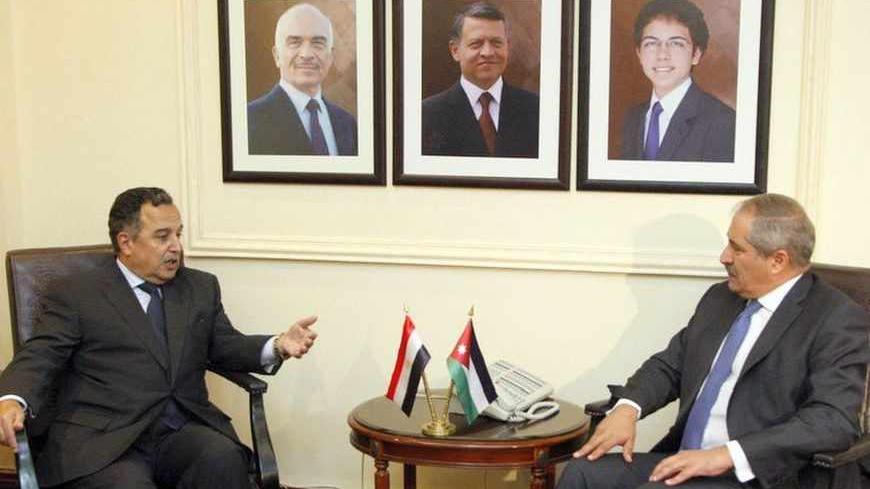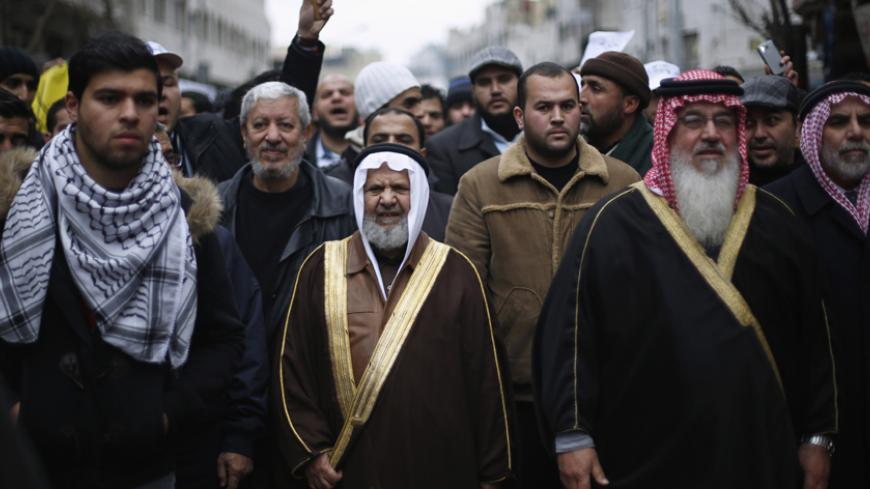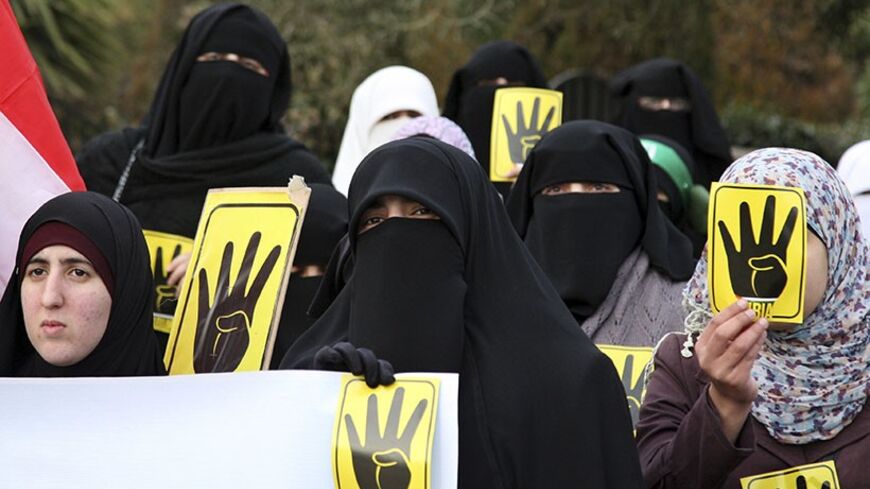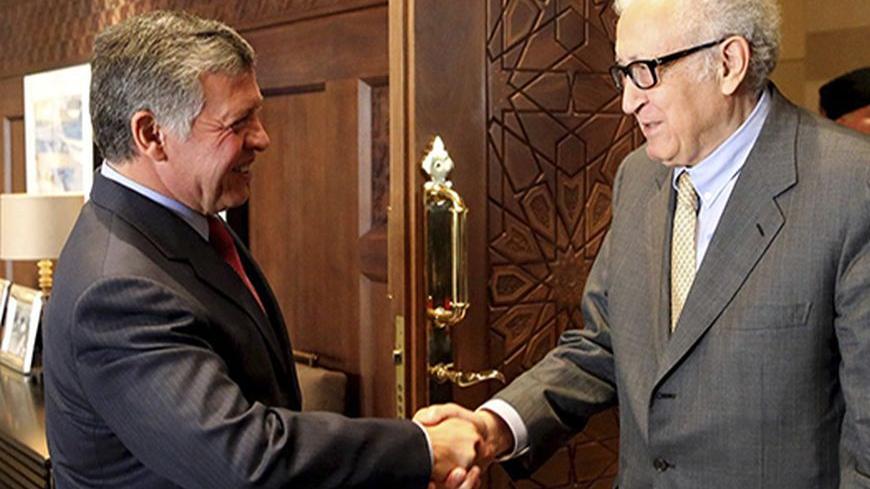Zamzam Rattles Jordan’s Muslim Brothers
The launch of the moderate “Zamzam” Islamists organization presents a challenge for the Muslim Brotherhood.

Jordan’s Muslim Brotherhood movement is facing its most serious challenge since it was first established as a charitable organization in the 1950s, with the Oct. 5 launch of the Zamzam Initiative by leading moderate Muslim Brotherhood figures. The event was attended by high-ranking Jordanians including former prime ministers and ministers, deputies and media personalities. The launch, which comes after two years of deliberations, was boycotted by Muslim Brotherhood officials, who had warned followers not to be associated with the initiative.
Although no mention of the Muslim Brotherhood was made during the official release, it was clear that the initiative projected a reformist vision by moderate Islamists inside the movement. Rahil Gharaibeh, the initiative’s architect and official spokesman, told Al-Monitor that one of the objectives is “to renew the Islamic discourse and present Islam as a cultural framework that encompasses the nation while emphasizing religious, sectarian, political and racial pluralism.”






